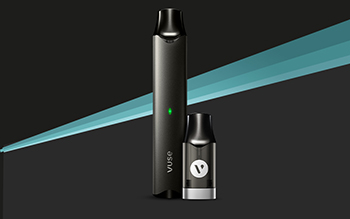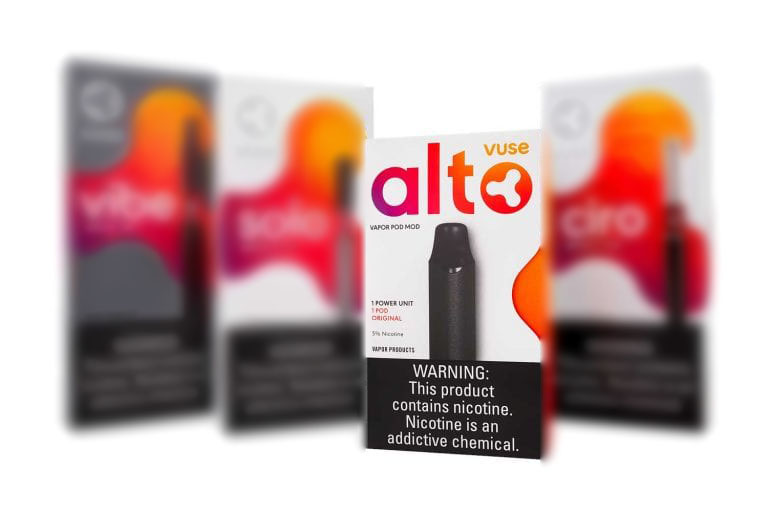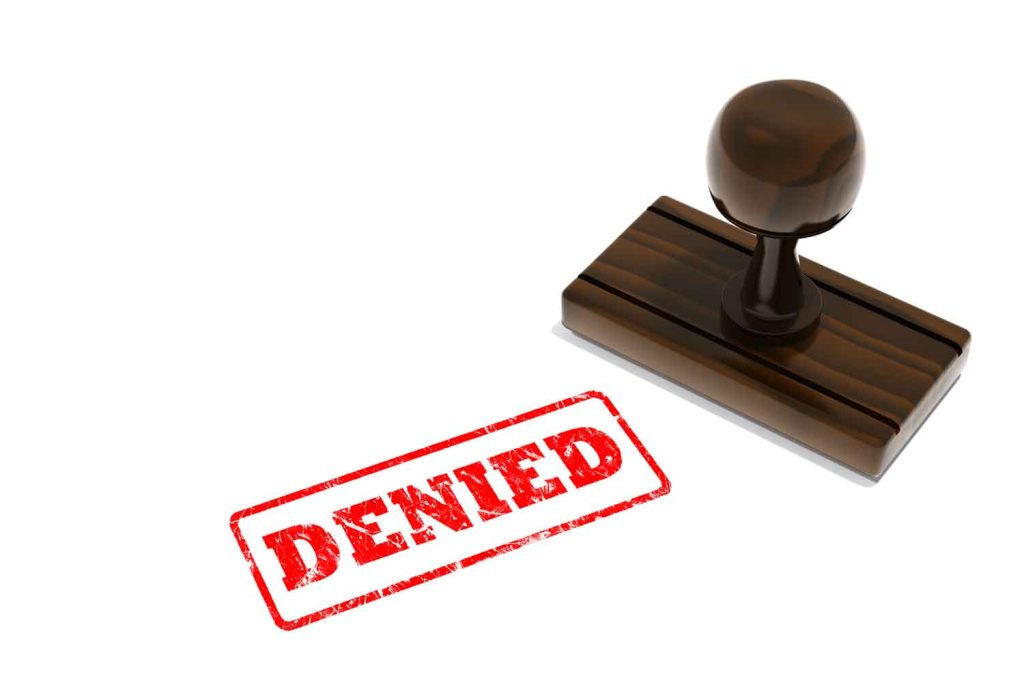British American Tobacco (BAT) said it is focusing on South Korea as a strategic hub for its global smokeless transformation, citing the country’s tech-savvy consumers, dynamic regulatory landscape, and innovation-driven ecosystem. BAT Group Chief Operating Officer Johan Vandermeulen said Korea plays a vital role beyond sales, acting as a testing ground for the company’s next-generation products, during an interview with The Korea Herald.
“Korea offers a unique blend of sophisticated consumers, cutting-edge technology, and a dynamic regulatory environment that makes it an ideal testing ground for our next-generation products,” said Vandermeulen.
Vandermeulen called the company’s Sacheon facility “one of the best” in the global BAT network, and said with Korea now the second-largest heated tobacco market in the world (behind Japan), BAT is accelerating investments in product innovation, localization, and advanced manufacturing. BAT is also expanding its vapor brand VUSE in Korea with strict ingredient and marketing standards, while eyeing future opportunities for nicotine pouches, its fastest-growing category globally.
Vandermeulen emphasized that tobacco harm reduction, responsible marketing, and clear, fair regulation are central to the company’s vision, but warned about the dangers of illicit vaping products, which he said undermine public trust and legitimate efforts.
“We believe vaping has a vital role in encouraging adult smokers, who would otherwise continue smoking, to switch completely to smokeless alternatives,” Vandermeulen said. “But the category can only thrive if market order is preserved.”















